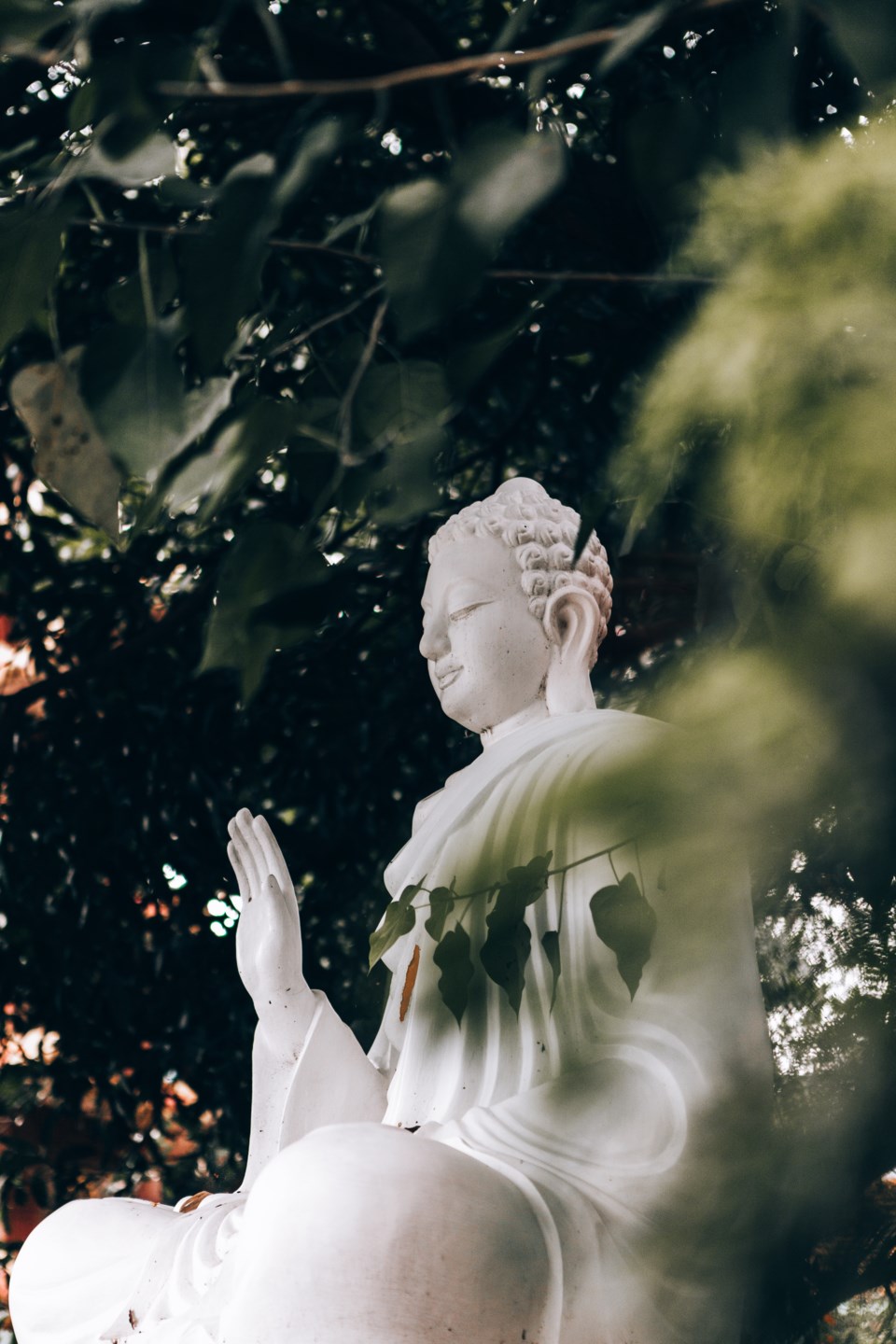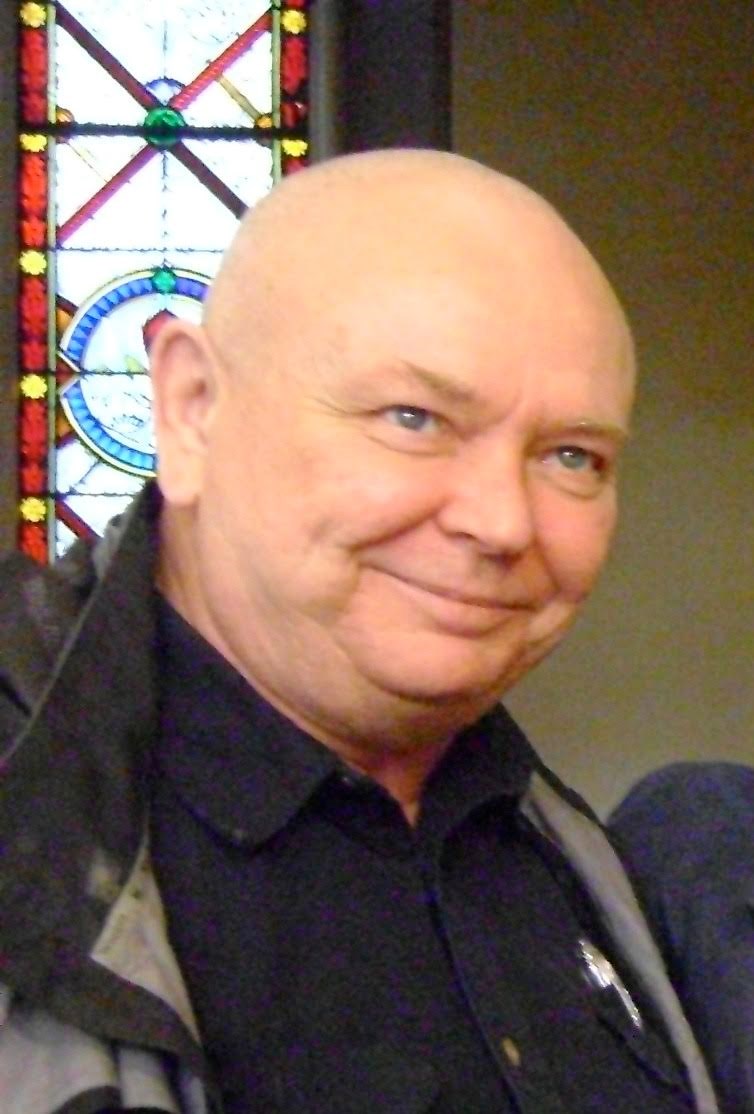 Our brain is structured with a seniority bias [I learn this from Michael Yellow Bird's essay, 鈥淣eurodecolonization: Using Mindfulness Practices to Delete the Neural Networks of Colonialism鈥漖, which is to say that, on an evolutionary scale, older parts of the brain are able to rather easily overcome more recently evolved mind-skills. Hatred is more basic than generosity and self-protection is more basic than compassion. Dr. Yellow Bird's intention is to alleviate huge, cultural obstructions. Individually, too, any kind of stressor is likely to cause some reflexive regression to more primordial feelings and impulses.聽
Our brain is structured with a seniority bias [I learn this from Michael Yellow Bird's essay, 鈥淣eurodecolonization: Using Mindfulness Practices to Delete the Neural Networks of Colonialism鈥漖, which is to say that, on an evolutionary scale, older parts of the brain are able to rather easily overcome more recently evolved mind-skills. Hatred is more basic than generosity and self-protection is more basic than compassion. Dr. Yellow Bird's intention is to alleviate huge, cultural obstructions. Individually, too, any kind of stressor is likely to cause some reflexive regression to more primordial feelings and impulses.聽
Buddhist cultures assume an individual or a group that does not meditate is more vulnerable to the three poisons; greed, ill-will and ignorance. Think of the America of the 50s and 60s; the confidence, the moral righteousness, the sense of exceptionalist obligation, the aggressive, patronizing stance toward the whole globe. We can look back from today and see how short sighted our culture has been with regard to our convivial values, even while understanding that the post war culture was mostly very well intentioned and inclined to be generous. But, everything changes all the time and failing to deeply consider the welfare of future generations makes for suffering. Collectives which meditate make decisions and establish customs that foster conviviality and value an authentic epistemology.
Recent but well accepted brain research has shown that meditation functions to cause those parts of the brain that harbour aggressive tendencies and violence to become less robust, physically. At the same time, those parts of the brain that can process attitudes of conviviality, necessary for civilization, increase in material density and develop new neural pathways to energize them. It is necessary, in order to be happy, that our default 'negativity' does not control our behaviour in the world.
The goal of Buddhist meditation, translated into the narrative of neuroplasticity, is to bring cessation to brain activity that harbours all kinds of suffering and to encourage the growth and influence of those parts of the brain that generate the attitudes that alleviate suffering. Pain and suffering result from too much aggression, selfishness and ill will while happiness results from generosity, compassion and understanding. It is simple but it's not simplistic.
Suffering is oppressive by nature. Its absence, what I am calling happiness, feels expansive. Thus, by mindfully attending to those conditions, any person can map their own life with self-knowledge and potentially tilt it toward happiness and away from suffering. But there is a lot to learn. For starters, suffering is not quite the same as pain. There are situations wherein pain can be intense but not result in suffering. Also, the cause of a person's pain can exist in the past or even the future but the cause of suffering exists in the present. According to basic Buddhism the root cause of suffering is craving or clinging, the very attributes most encouraged in everyday modern life.聽
In meditation we contrive moments in time wherein all desires and opinions are relinquished. Or, to put it another way, moments of no suffering. Meditation is also a practice of no harming, or almost zero harming. A desire to minimize harmful impacts upon others is a relatively modern survival necessity but runs almost diametrically counter to the more violent reflexes of the ancient limbic brain stem region. There is a reason the relief from suffering is known as liberation. Without meditation or deep prayer or dedicated ceremony those ancient reflexes will tend to dominate.
 Wayne Codling聽is a former Zen monastic and a lineage holder in the Soto Zen tradition. He teaches Zen style meditation in various venues around Victoria.聽Wayne鈥檚 talks and some writings can be found on his blog聽
Wayne Codling聽is a former Zen monastic and a lineage holder in the Soto Zen tradition. He teaches Zen style meditation in various venues around Victoria.聽Wayne鈥檚 talks and some writings can be found on his blog聽
You can read more articles on our interfaith blog, Spiritually Speaking, HERE
* This article was published in the print edition of the Times 91原创 on Saturday, March 9th 2019
Photo of Buddha by聽听辞苍听


